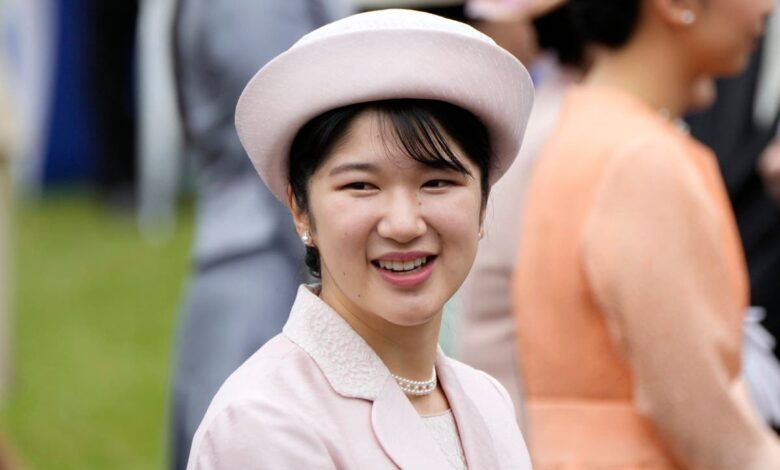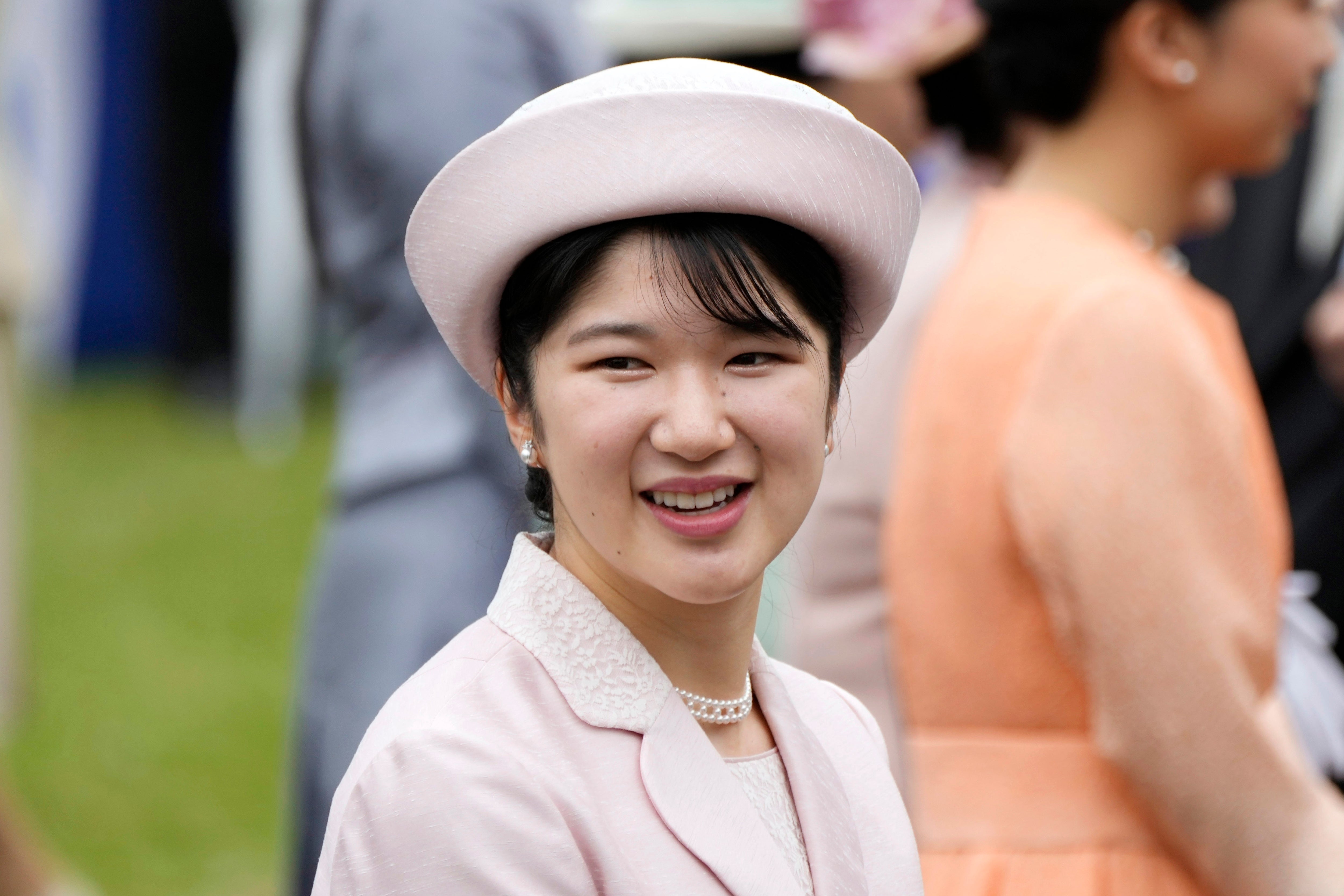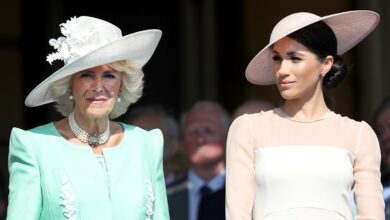
Japan’s Princess Aiko turns 23 as doubts about her future in imperial family remain
Your support helps us to tell the story
From reproductive rights to climate change to Big Tech, The Independent is on the ground when the story is developing. Whether it’s investigating the financials of Elon Musk’s pro-Trump PAC or producing our latest documentary, ‘The A Word’, which shines a light on the American women fighting for reproductive rights, we know how important it is to parse out the facts from the messaging.
At such a critical moment in US history, we need reporters on the ground. Your donation allows us to keep sending journalists to speak to both sides of the story.
The Independent is trusted by Americans across the entire political spectrum. And unlike many other quality news outlets, we choose not to lock Americans out of our reporting and analysis with paywalls. We believe quality journalism should be available to everyone, paid for by those who can afford it.
Your support makes all the difference.
Japan’s popular Princess Aiko turned 23 on Sunday, as she takes on more official duties even while her future in the imperial family remains in doubt.
Aiko, the only child of Emperor Naruhito and Empress Masako, graduated from university earlier this year and has since been participating in official duties and palace rituals while working at the Red Cross Society, according to the Imperial Household Agency.
But Japanese law requires her to renounce her royal status and leave the family if she marries outside the imperial family.
The vast majority of Japan’s public supports changing the law to allow her to remain a royal and become emperor, but conservatives in the governing party insist on keeping male-only succession. Japan’s rapidly dwindling imperial family has only 16 members, including four men.
Aiko was to mark her birthday with her parents at the imperial palace in Tokyo. The IHA also released several photos of Aiko, including one of her standing by a persimmon tree at a palace garden. Another showed her holding pieces of traditional hand-crafted washi paper that she made at a workshop during her first solo official trip in October to the National Sports Festival in Japan’s southwestern prefecture of Saga.

The 1947 Imperial House Law, which largely preserves conservative prewar family values, allows only males to take the throne and forces female royals who marry outside the family to give up their status. With only one young male member, that puts the survival of the 2,000-year-old monarchy in jeopardy.
The youngest male member of the imperial family, Prince Hisahito — Aiko’s 18-year-old cousin — is currently the last heir apparent, posing a major problem for the system.
The government is looking for a way to keep the succession stable without relying on women, such as allowing the family to adopt new male members from former noble families that lost their status after World War II.
Aiko’s own views on the topic are unknown. She’s only had one full news conference, when she reached adulthood.
Last month, the United Nations women’s rights committee in Geneva issued a report that called for the Japanese government to allow a female emperor, among other issues hindering gender equality in the country.
Chief Cabinet Secretary Yoshimasa Hayashi dismissed the report “regrettable” and “inappropriate.” He said the imperial succession is a matter of fundamental national identity and that it is not covered by constitutional basic rights.
Crown Prince Akishino, Aiko’s uncle, was asked about the succession debate at a news conference marking his 59th birthday Saturday, and replied that members of the royal family are “living humans” and that the palace officials who support their daily lives should know how it affects them.
At her work at the Japanese Red Cross Society, Aiko is assigned to volunteer training program, the IHA said. On weekends, it said, the princess enjoys taking walks with her parents and playing volleyball, tennis and badminton with palace officials.
Source link



